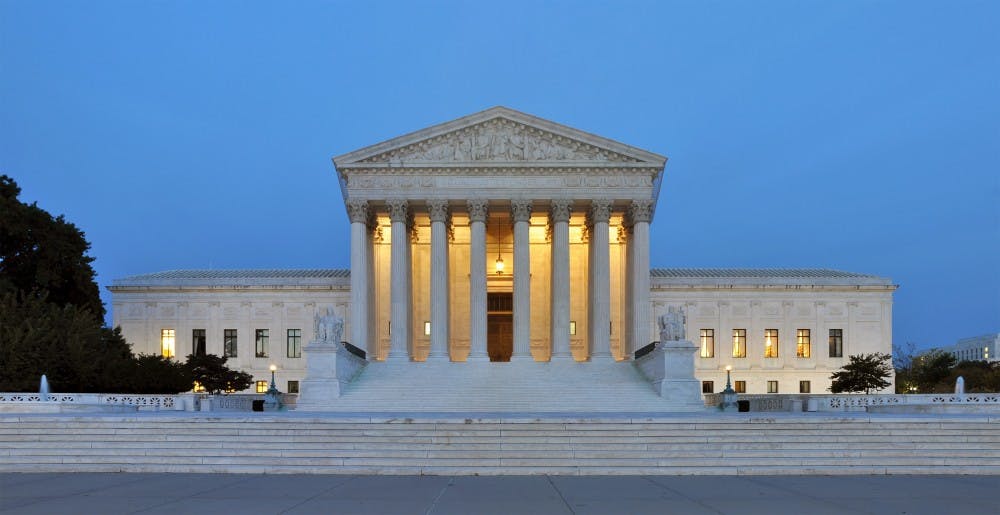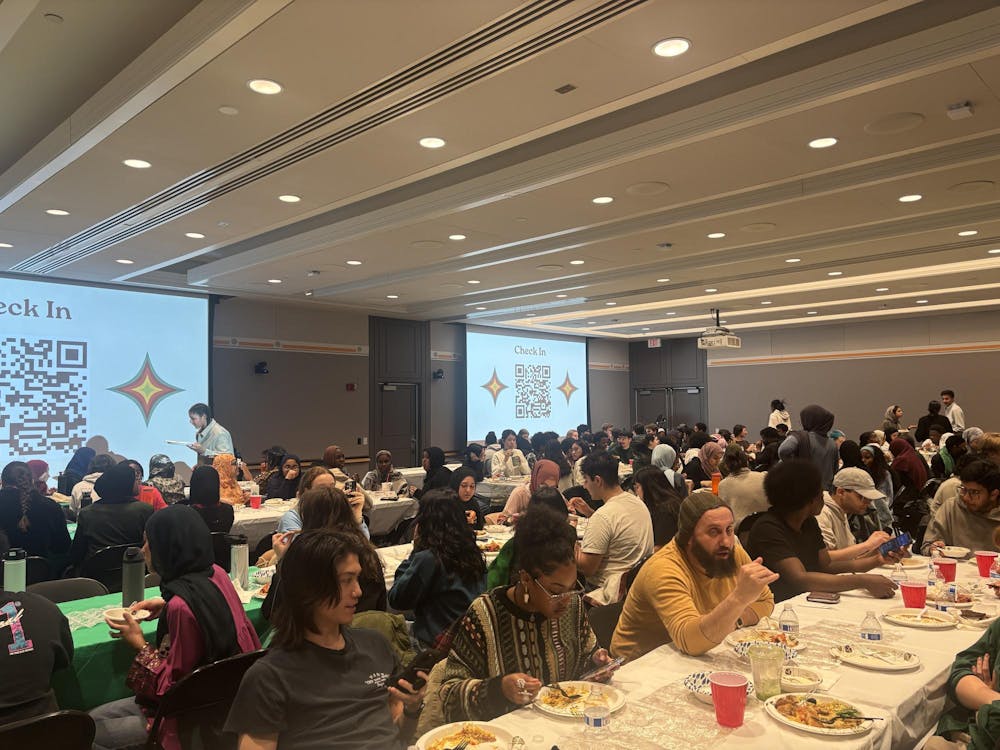Universities nationwide, including Princeton, are bracing for Supreme Court decisions coming in 2023 that could change their policies with regard to affirmative action, as the Court reviews federal cases challenging race-conscious admissions at Harvard and the University of North Carolina at Chapel Hill.
Barring the use of race as a factor in college admissions would overturn decades of legal precedents. The majority-conservative court is expected to release its decisions in June.
Recently, University President Christopher L. Eisgruber ’83, other administrators, and members of the faculty have offered their insight into how such a ruling might impact the University. Like many private institutions, the University takes race into account as “one factor among many” in its application process, according to Dean of Admission and Financial Aid Karen Richardson ’93 in an email to The Daily Princetonian.
In an email to the ‘Prince,’ Vice President and General Counsel of the University Ramona Romero said it would be “hard to predict” how the decision will ultimately impact the University but pointed to the experience of the University of California system as potentially exemplary of what might follow.
When public universities in California eliminated affirmative action in 1996, admission rates of Black and Hispanic students fell; an analysis by EdSource found that the percentage of Black students in the California State University system declined by almost half from 1997 to 2018, from eight percent to four percent.
“Requiring universities to ignore the race and ethnicity of their applicants — a key aspect of many individuals’ personhoods — would likely increase the under-representation of certain students, including Black and Hispanic students, at the institutions that educate our country’s future leaders. That outcome would be bad for society, not just for Princeton and its peers,” Romero told the ‘Prince.’
In a Nov. 11 interview with the ‘Prince,’ Eisgruber discussed how the ruling may affect the University, raising alternative approaches aside from affirmative action to foster a diverse class.
Eisgruber pointed to the process of hiring faculty as an example. Although factoring race into hiring practices is prohibited by law, the University takes alternate measures to promote diversity such as by “expanding the scope of the pools we use for hiring,” he said.
“To get the diversity and the talent and the excellence that we need, these policies have proven important to what we do,” Eisgruber said.
In admissions, however, he acknowledged that doing so would be difficult.
“We will do our best to be creative within the limits of the law. But we can’t pretend that it’s going to be easy,” he said.
Several legal scholars also told the ‘Prince’ that the consideration of other protected categories, such as gender, could potentially be jeopardized by a ruling against race-based affirmative action. Categories like race and ethnicity are subject to the legal standard of strict scrutiny, in which any laws involving those categories must be narrowly tailored to serve a “compelling governmental interest,” according to the Cornell Legal Information Institute.

“It would be hard to see why [the decision] wouldn’t affect other categories,” said Martin Flaherty ’81, a visiting professor in the School of Public and International Affairs (SPIA) and former Supreme Court Clerk. “I suspect that the same court that doesn’t like race-based affirmative action programs is not going to like gender-based affirmative action programs.”
Udi Ofer, another visiting professor at SPIA, agreed with Flaherty, predicting that any number of protected categories could be at risk in the event of a ruling against affirmative action, especially given the legal grounds of the particular cases before the Court. Ofer explained that the Harvard lawsuit came under the Civil Rights Act of 1964, and the University of North Carolina lawsuit is based on the Equal Protection Clause of the 14th Amendment.
“[This decision] could potentially affect anything, sex in particular,” Ofer said. “Whatever other protected categories fall under those two legal principles would be potentially in jeopardy. Strict scrutiny is the highest test, and that’s the test that the race falls under. So I think you’ll first see any other protected categories that fall under similar tests, whether the Equal Protection Clause or the Civil Rights Act, … would come under attack.”
“With this Supreme Court, no one can take for granted any more precedent that is even decades old,” Ofer said.
Charlie Roth is a Staff News Writer and Assistant Data Editor for the ‘Prince,’ focusing on local town coverage.
Miriam Waldvogel is a News Contributor for the ‘Prince.’
Please send any corrections to corrections at dailyprincetonian.com.








